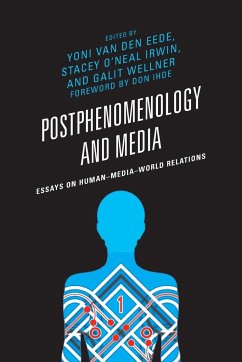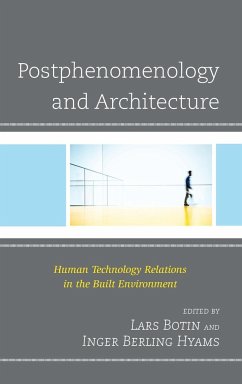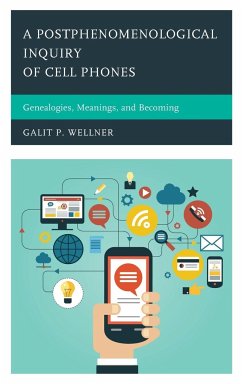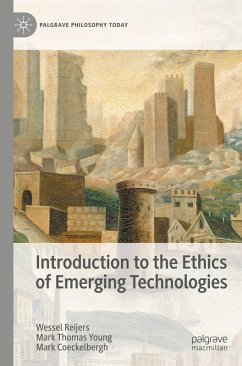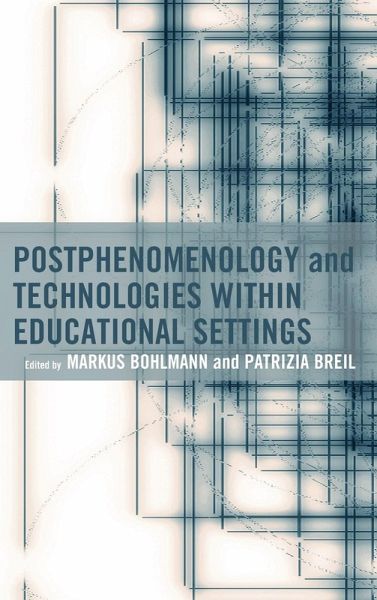
Postphenomenology and Technologies within Educational Settings
Versandkostenfrei!
Versandfertig in 1-2 Wochen
124,99 €
inkl. MwSt.
Weitere Ausgaben:

PAYBACK Punkte
62 °P sammeln!
Technologies such as tablets, plagiarism software, and learning videos are now an important part of teaching and learning around the world. The underlying human-technology relations that shape modern educational settings have a decisive influence on what education is and will be in the future. This volume applies the analytical tools of postphenomenology to the context of education. In three sections, the contributors present empirical evidence on the use of technology in schools, show conceptual convergences with current theories relevant to education and training, and challenge and reframe t...
Technologies such as tablets, plagiarism software, and learning videos are now an important part of teaching and learning around the world. The underlying human-technology relations that shape modern educational settings have a decisive influence on what education is and will be in the future. This volume applies the analytical tools of postphenomenology to the context of education. In three sections, the contributors present empirical evidence on the use of technology in schools, show conceptual convergences with current theories relevant to education and training, and challenge and reframe the technologically situated subject as the goal of education in relation to technology. This collection, edited by Markus Bohlmann and Patrizia Breil, opens up the research field of postphenomenology to the broad field of educational technologies. Postphenomenology and Technologies Within Educational Settings extends the scope of the philosophy of technology and further expands its repertoire of theories and analytical tools.







